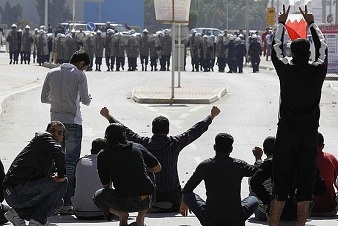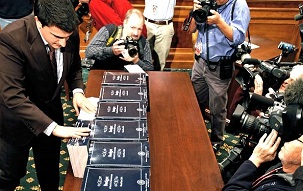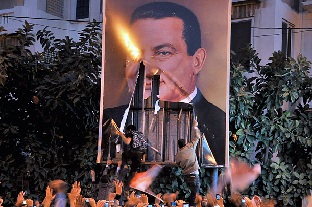Middle East Protests Continue
They continue in Egypt, Yemen, Algeria, Tunisia, and most recently in Iran and Bahrain, Al Jazeera saying:
"At least one person has been killed and several others injured after [Bahrain] riot police opened fire at protesters holding a funeral service for a man killed [a] day earlier."
Police fired tear gas and rubber bullets at thousands in Manama, Bahrain's capital, demanding the regime's removal. Majority Shias want redress, saying Sunni rulers unfairly discriminate. However, more than sectarian issues are involved. Others include political freedoms, ending media and Internet state controls, prohibiting police use of excessive force, and addressing the extreme wealth gap between Bahrain elites and majority citizens.
On February 15, Al Jazeera's unnamed correspondent for his safety said:
"Police fired on the protesters this morning, but they showed very strong resistance. It seems like [a] funeral procession was allowed to continue, but police are playing a cat-and-mouse game with protesters."
Angered by deaths from their ranks, al-Wefaq Shia opposition members suspended their parliamentary participation, calling it a first step toward continuing or resigning, depending on future developments. In a rare gesture, Bahrain's king, Hamad bin Isa al-Khalifa, offered condolences on state television. Words, of course, don't suffice.





























